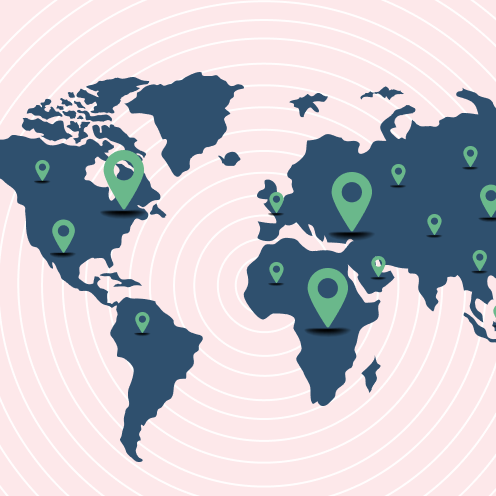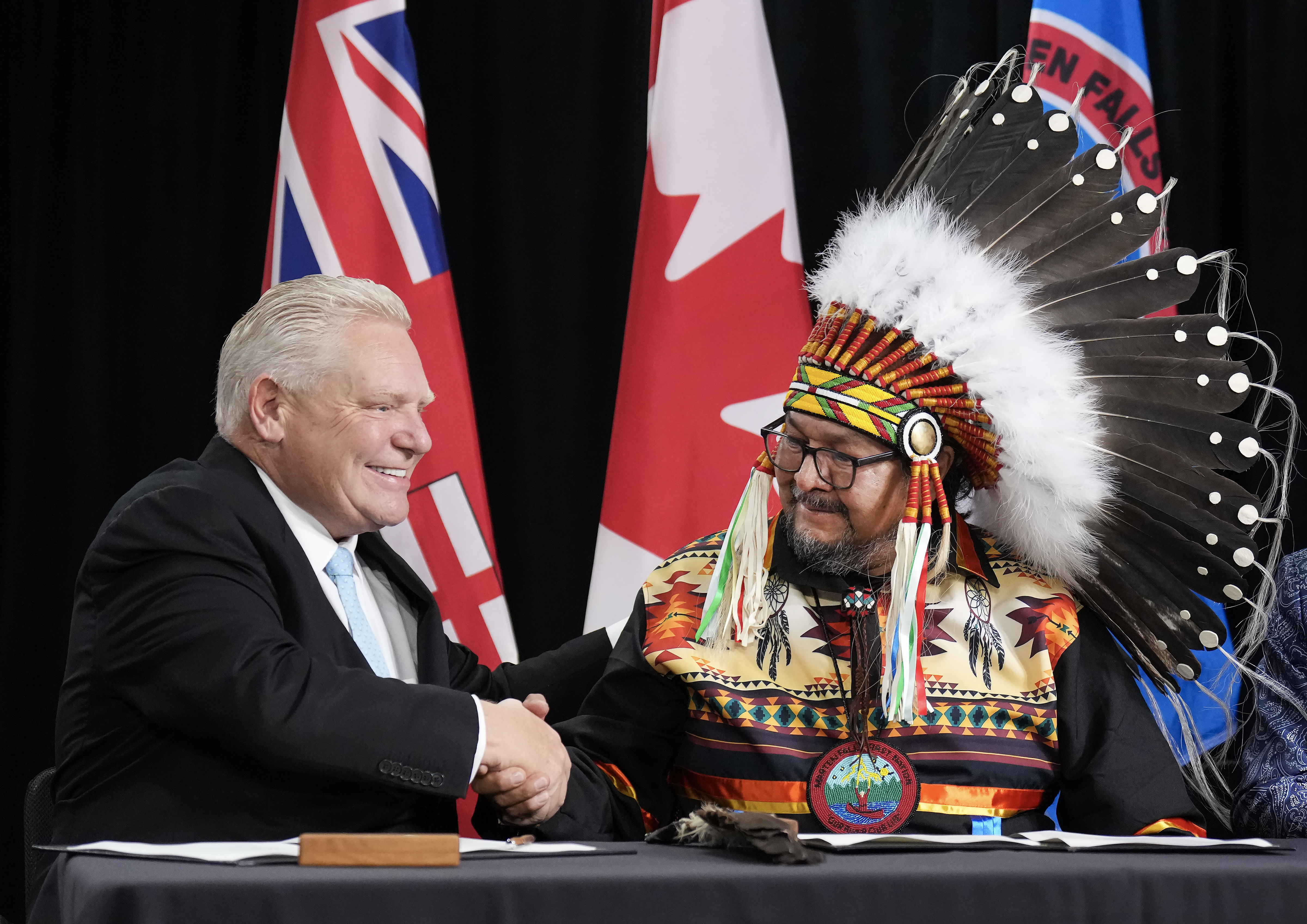- News
- World
- Europe
Putin said that a peace plan proposed by the US could form the ‘basis’ of an agreement to end conflict but refuses to give up maximalist demands
James C. ReynoldsThursday 27 November 2025 19:44 GMTComments
 ClosePutin Denies Russia Is Planning To Attack Europe
ClosePutin Denies Russia Is Planning To Attack Europe
On The Ground newsletter: Get a weekly dispatch from our international correspondents
Get a weekly dispatch from our international correspondents
Get a weekly international news dispatch
 Email*SIGN UP
Email*SIGN UPI would like to be emailed about offers, events and updates from The Independent. Read our Privacy notice
Vladimir Putin has said that Ukraine must give up territory for a peace deal to be possible, but indicated that a draft plan proposed by the US could form the "basis" of an agreement to end the war.
In a sign that Moscow remains unlikely to budge on its maximalist demands, the Russian president said that Ukrainian troops must lay down their weapons and give up on territories claimed by Russia for a peace deal to be possible.
His comments came as Ukrainian President Volodymyr Zelensky announced that Ukrainian and US delegations would meet later this week for further talks on security guarantees for Kyiv in the event of a peace deal - a key sticking point in negotiations so far. Separately, US special envoy Steve Witkoff will travel to Russia early next week.
Speaking to reporters during a visit to Kyrgyzstan, Putin said coldly that Russia would continue its aggression in Ukraine “until the last Ukrainian dies” if necessary.
"Ukrainian troops must withdraw from the territories they hold, and then the fighting will cease,” he said, adding: “If they don't leave, then we shall achieve this by force. That's it.”
 open image in galleryPutin finally broke his silence on the diplomatic movements of the last week in comments to reporters in Kyrgyzstan on Thursday (AP)
open image in galleryPutin finally broke his silence on the diplomatic movements of the last week in comments to reporters in Kyrgyzstan on Thursday (AP)The Russian president was speaking for the first time since a flurry of diplomatic activity involving Moscow, Kyiv and the US in the past week.
He said the 28-point peace plan drafted by Washington showed that the US was listening to Russia’s arguments, but that some issues still need attention. Witkoff is expected to discuss the futures of Crimea and the Donbas with Russian officials next week.
Meanwhile, Putin on Thursday claimed the Russian army had surrounded the embattled city of Pokrovsk - though the claim could not be independently verified. The city is a key transport hub, and its capture would pave a clear path to the two biggest remaining Ukrainian-controlled cities in the Donetsk region, Kramatorsk and Sloviansk.
Kyiv's top general said Ukraine was pushing back hard and that fighting was still raging in the city centre. Both sides will be desperately keen to take the upper hand for leverage in future negotiations.
The future of claimed territories remains a point of contention in negotiations. Kyiv has repeatedly ruled out handing over what it still holds of the Donbas, and is constitutionally unable to give it up.
Putin said any agreement would still be illegal as Russia does not recognise the Kyiv administration. It was therefore important, he said, to ensure any agreement was recognised by the international community, and that it recognised Russian gains in Ukraine.
A draft of a plan floated by the US and broadly supported by Russia suggested Washington could recognise the regions as de facto Russian, even if not legally.
 open image in galleryOdesa has been battered by Russian strikes even amid sensitive talks to end the war (via REUTERS)
open image in galleryOdesa has been battered by Russian strikes even amid sensitive talks to end the war (via REUTERS)"This is the point of our discussion with our American counterparts,” Putin said. He framed Trump’s plan as a set of issues up for discussion, rather than a draft agreement already under consideration by Ukraine.
The Kremlin has resisted months of American pressure to compromise its demands and end the war, reiterating only on Wednesday that it would not make any big concessions to Ukraine. Putin said only on Thursday that a variant of the plan discussed by Washington and Kyiv in Geneva has now arrived in Moscow.
With Europe eyeing a future role for its forces in Ukraine, opposed by Russia, Putin offered a pledge to go no further on Thursday, laughing off European fears of invasion as “ridiculous”.
Scrutiny continues to fall on the makings of a peace plan that fell heavily in Russia’s favour before Europe’s involvement. Earlier this week, Bloomberg News shared a leaked recording allegedly showing Trump’s envoy Steve Witkoff coaching Russian officials on how to manage the US president in October.
Donald Trump Jr defended Witkoff's methods as “classic negotiation techniques to butter up his counterpart”.
"It's almost like these media and deep state morons have never successfully negotiated a deal in the real world. It's pretty obvious that nearly all of Witkoff's critics want any sort of Ukraine peace deal to fail so they can continue this war endlessly," he said in a post.
Russia said the leaks were a calculated effort to hinder peace talks. Putin also hinted on Thursday they could be fake.
As Russia dithered over prospects for peace, the outline of a reassurance force of European partners to uphold Ukrainian security started to come together. Turkey said on Thursday it was ready to take part in such a force once a ceasefire had been agreed.
"The Turkish Armed Forces are prepared to contribute to any initiative aimed at ensuring security and stability in our region," the defence ministry said.
On Tuesday, French President Emmanuel Macron said the force would have French, British and Turkish soldiers. The US has taken more interest since Britain, France and Germany helped foster progress towards the US and Ukraine broadly agreeing to terms.
More about
Vladimir PutinKyivRussiaUkraineWashingtonMoscowUSVolodymyr Zelenskypeace dealJoin our commenting forum
Join thought-provoking conversations, follow other Independent readers and see their replies
Comments



